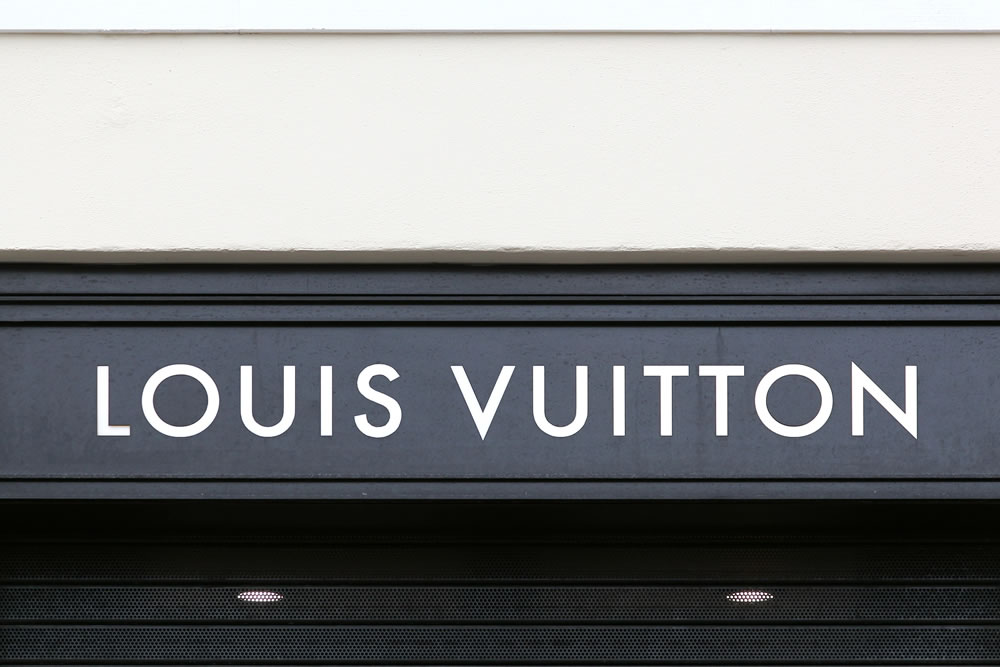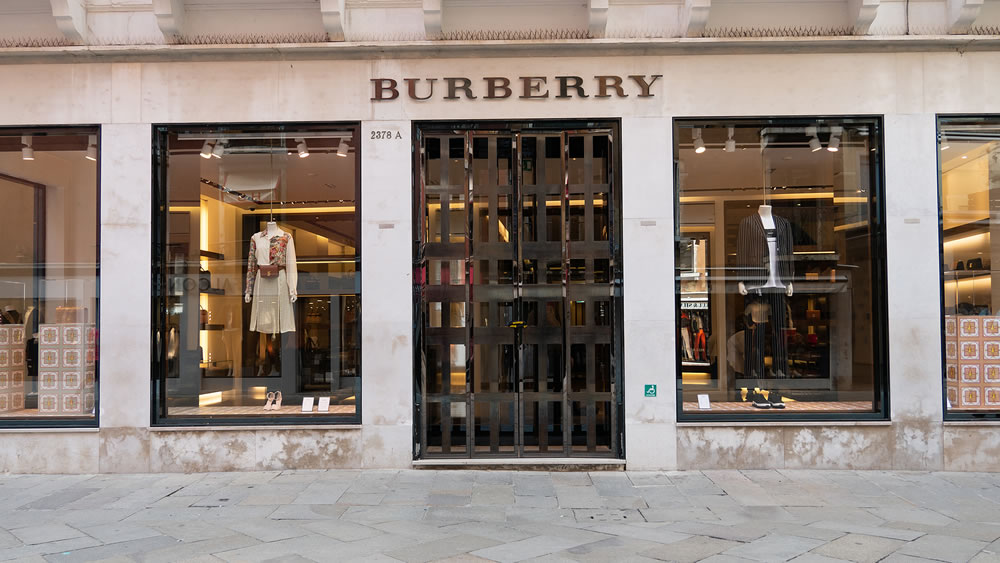The rise of the internet and e-commerce has opened up a world of possibilities for all sorts of brands. In the online world, any business can prosper and grow to become an empire, but while online commerce provides all brands with increased visibility, it is often difficult to efficiently establish an online brand’s identity and provide consumers with exclusive experiences.
This is particularly true when it comes to luxury brands, which offer clients unique tailored experiences inside their physical stores. That is why high-end brands have increasingly focused on creating new innovative strategies to provide users with exclusive experiences when buying their products online.
A new wave of immersive and innovative experiences
On the path to providing online users with unique experiences, many brands, online platforms and digital services have turned their efforts to immersive and exclusive experiences. In the entertainment sector, console games increasingly feature ultra-realistic worlds which allow users to freely explore different locations.

Simultaneously, online casino platforms now feature immersive games in which users can experience dynamic and rich environments. From slot games to poker, users don’t just gamble, they access interactive games that are designed with user experience in mind. In addition, such platforms often feature exclusive offers for subscribers, such as Paddy Power’s daily free spins on Wonder Wheel. Gambling is no longer only about signing up to a platform, it is all about the experience in itself.
Inspired by such unique user experience strategies, brands have also ventured into the field of immersive experiences. Luxury brands are known for having strong brand identities and one way they have found to carry that symbolism to the online world is through storytelling.
For instance, Burberry features a ‘Stories’ section on its website, in which customers can explore the motifs and inspirations behind each collection. This type of content helps differentiate not only their brand, but also what they sell. In essence, they explain why their clothes, bags, and accessories are iconic fashion items and not just designer pieces.

Since users can’t physically try on clothes, they can instead learn more about their uniqueness and how they came to be. This is initiative by Burberry is similar to the ‘The World of Louis Vuitton’ section on the Louis Vuitton website, which merges the brand’s latest collection with art, culture, architecture, and exhibitions.
High-end tailored customer service
Another way for high-end brands to extend their unique in-store experiences to the internet is through 24/7 exclusive customer service. Luxury brands tend to feature personal shopping advisers available at all times who can help users over the phone or on live chats. Unlike most retailers operating online, luxury brands value customer service and know that no form of AI or FAQ can replace humans and so ensure that any call is promptly answered and queries are replied to almost instantly.






















